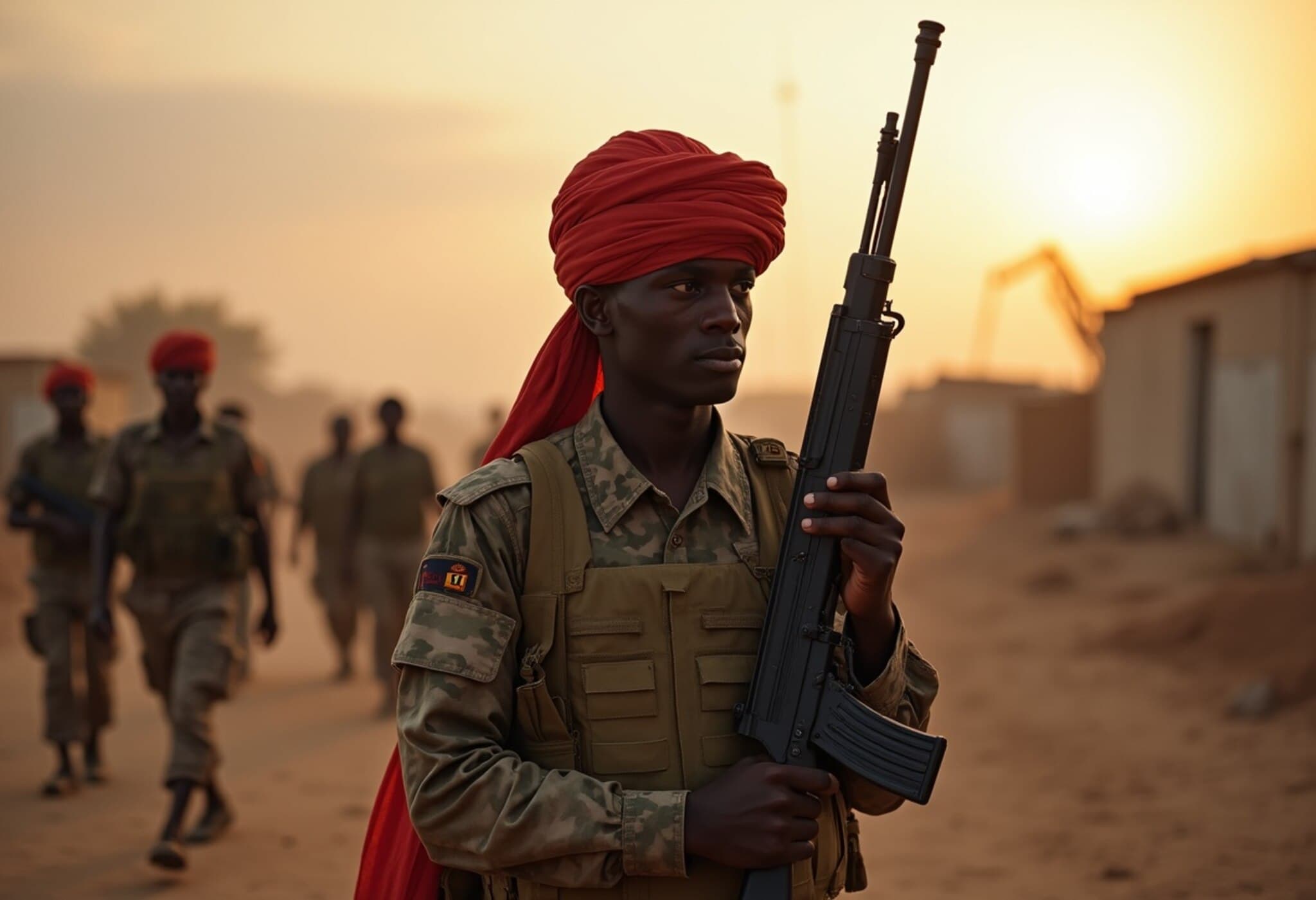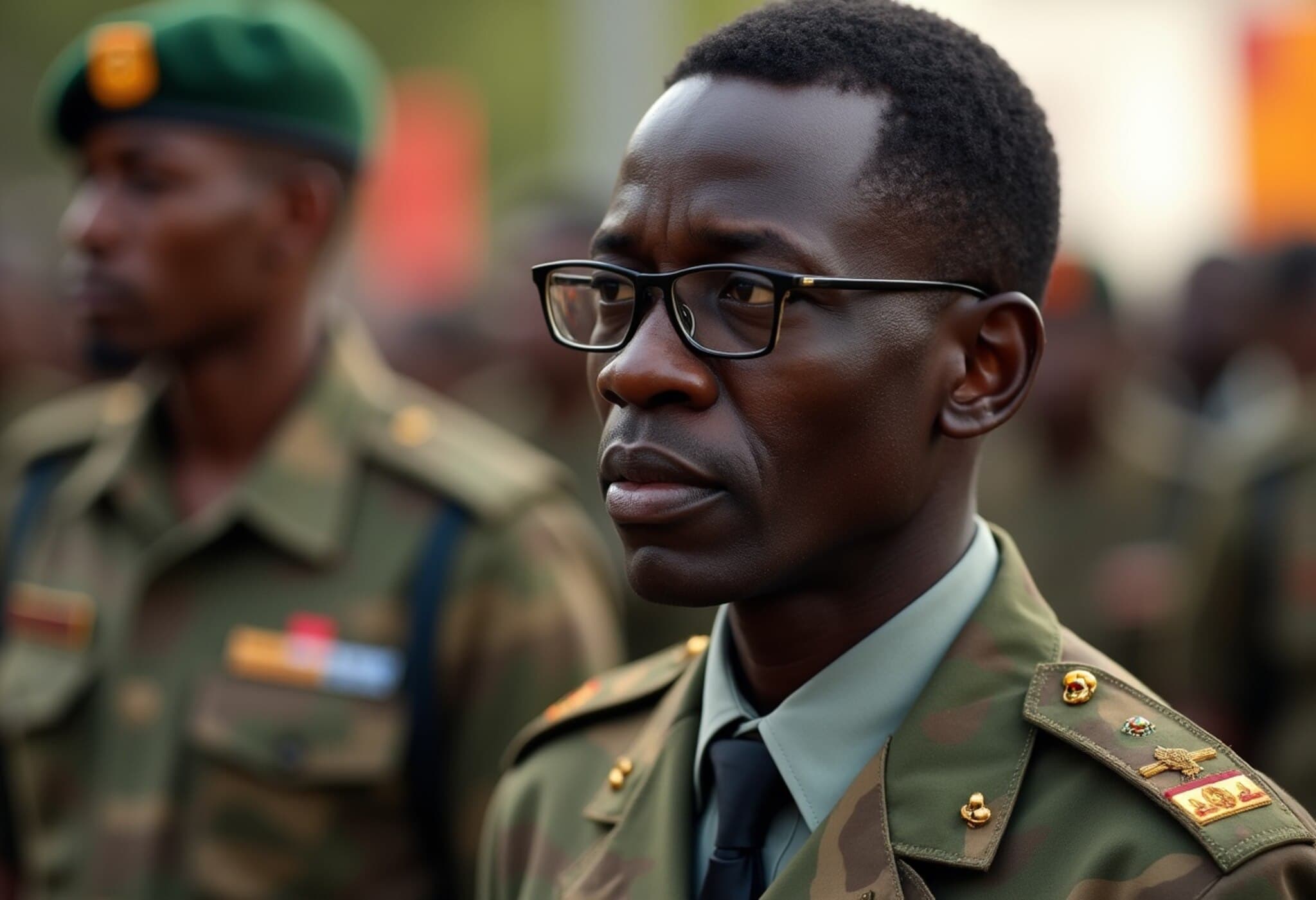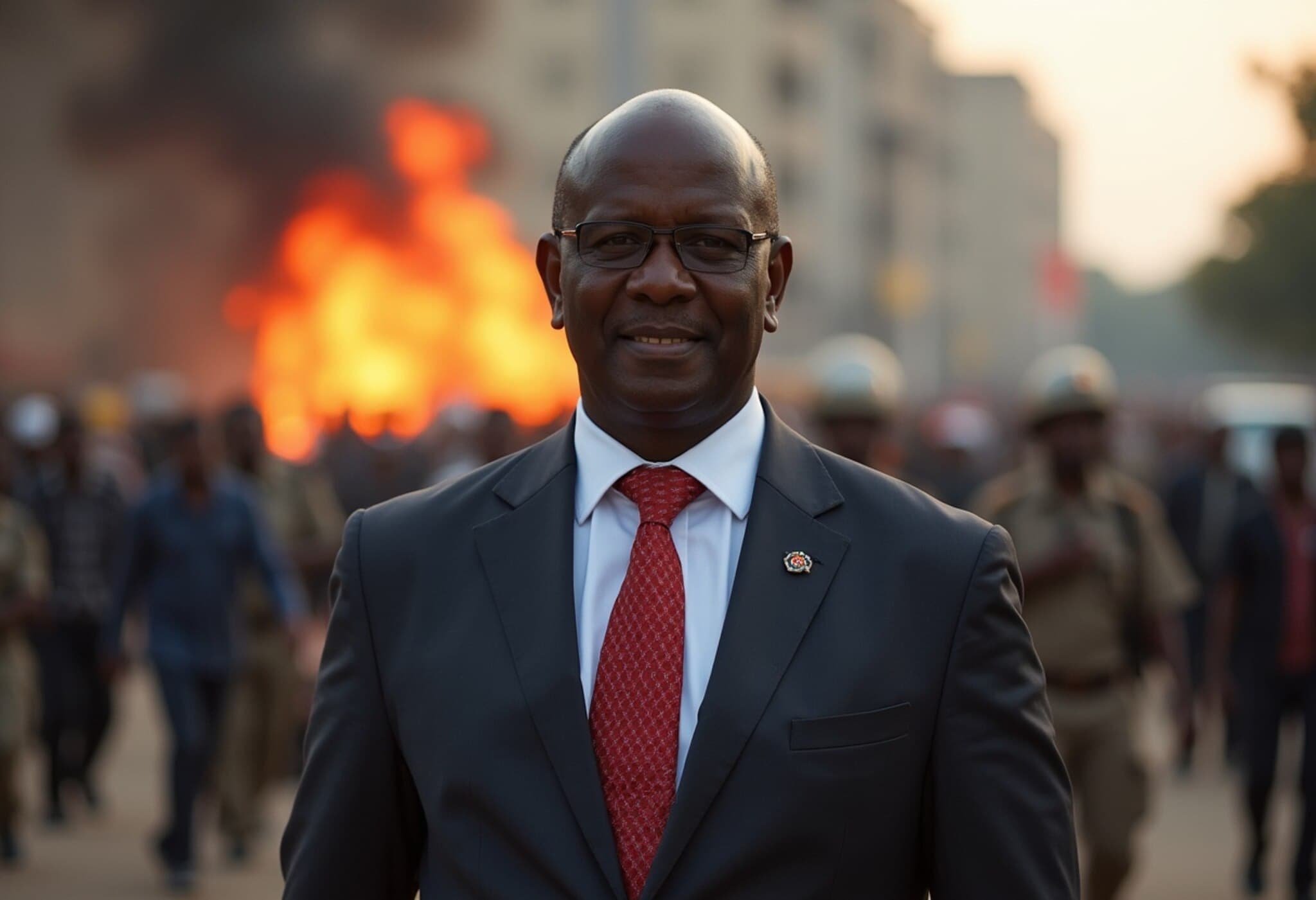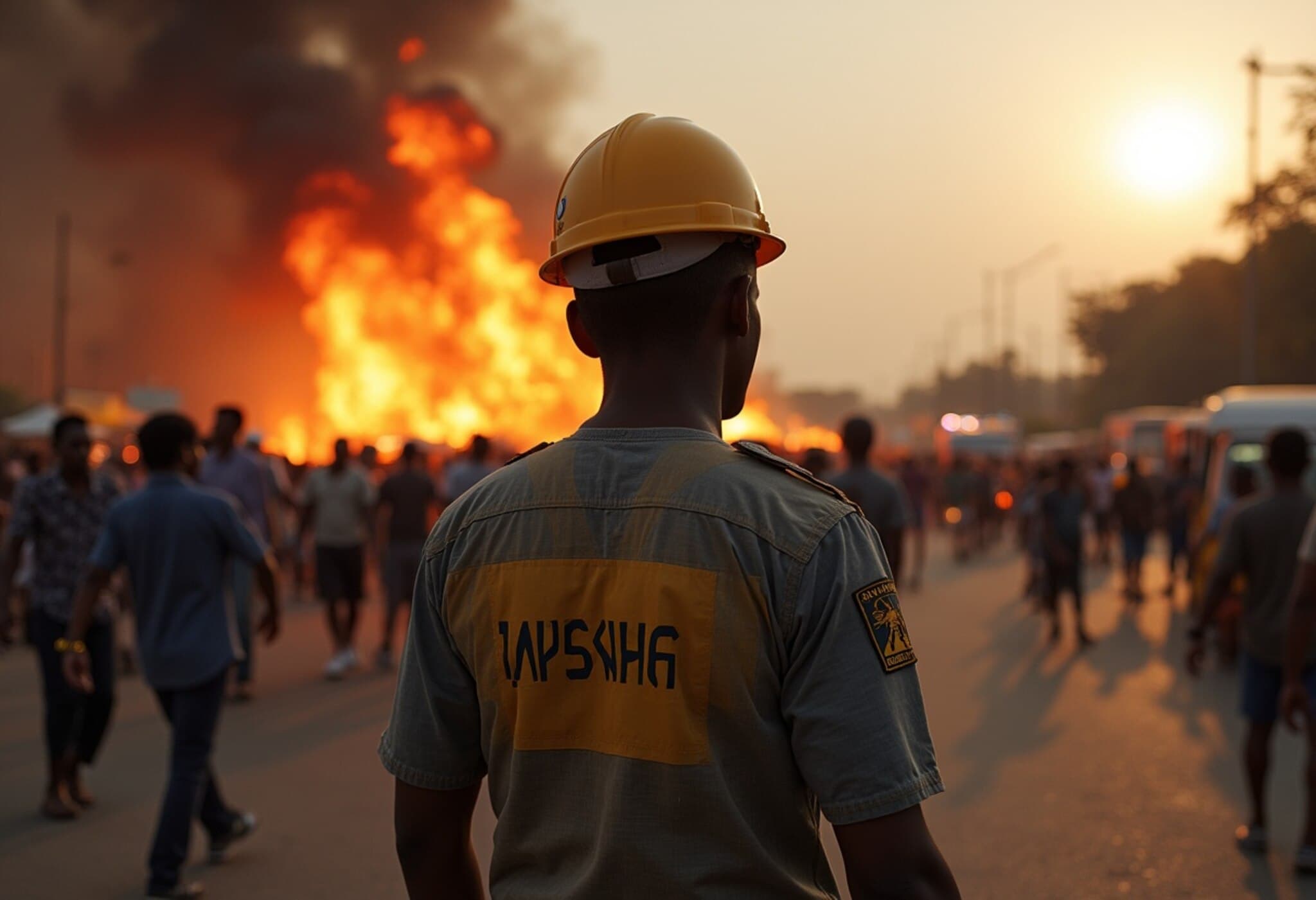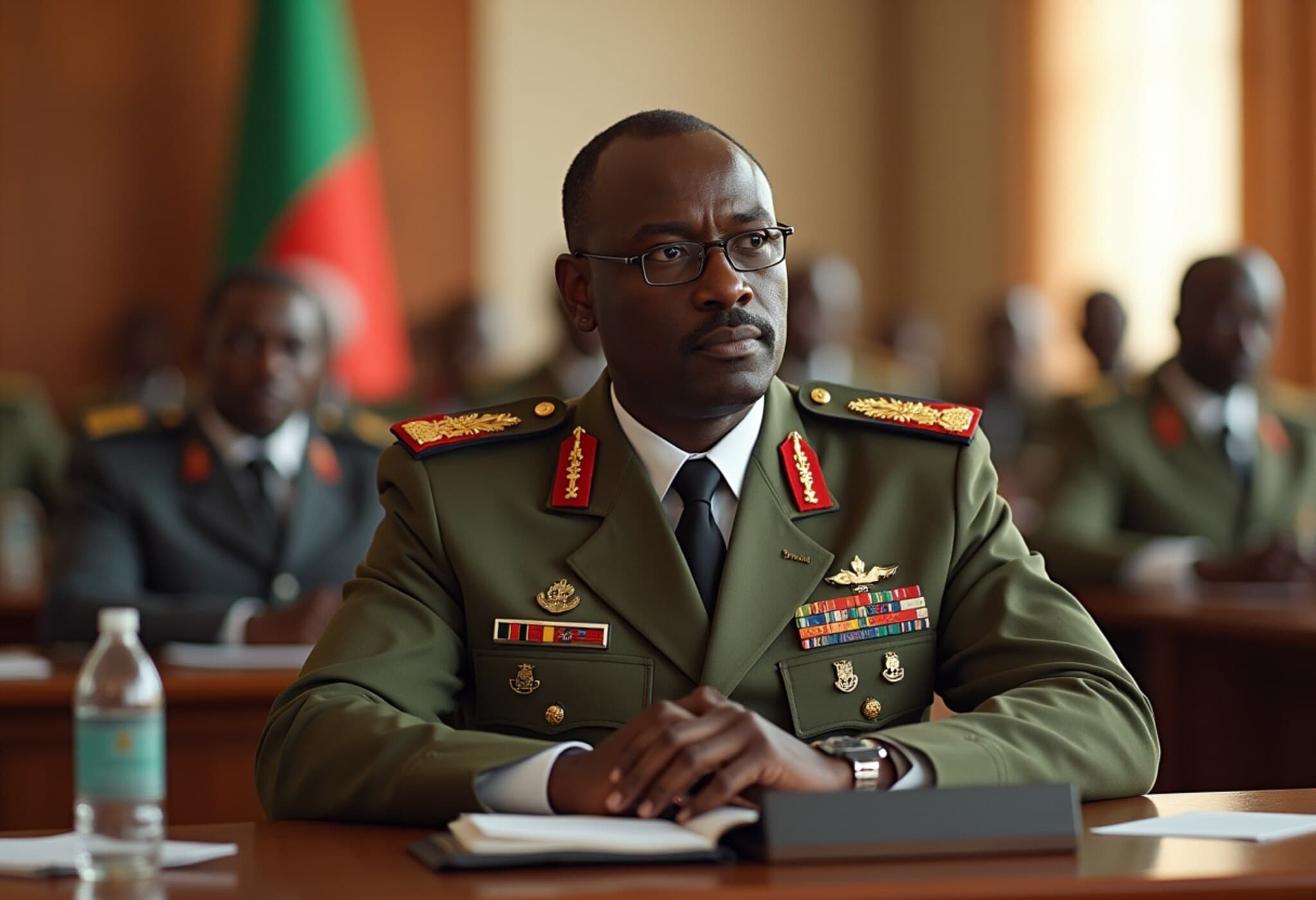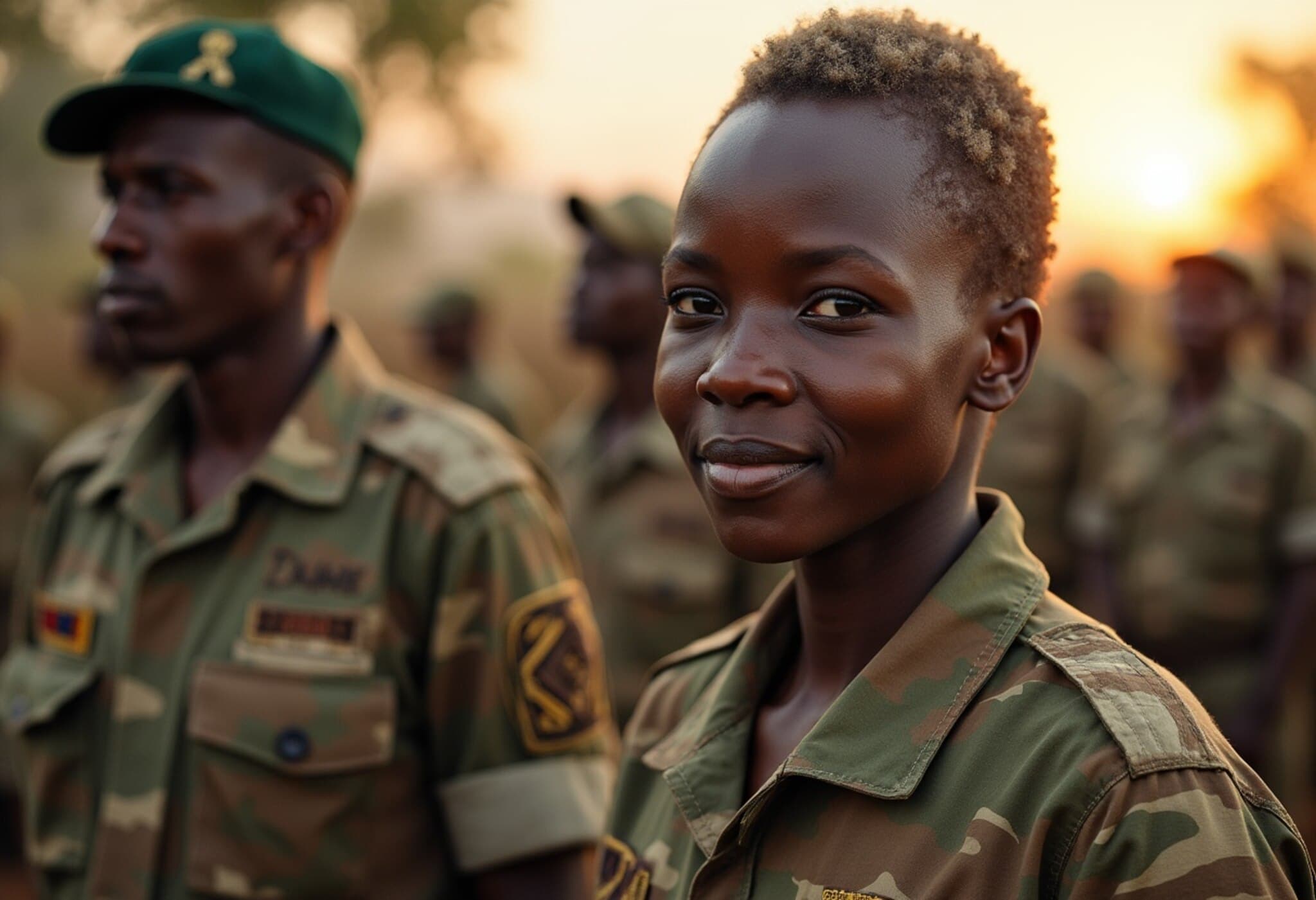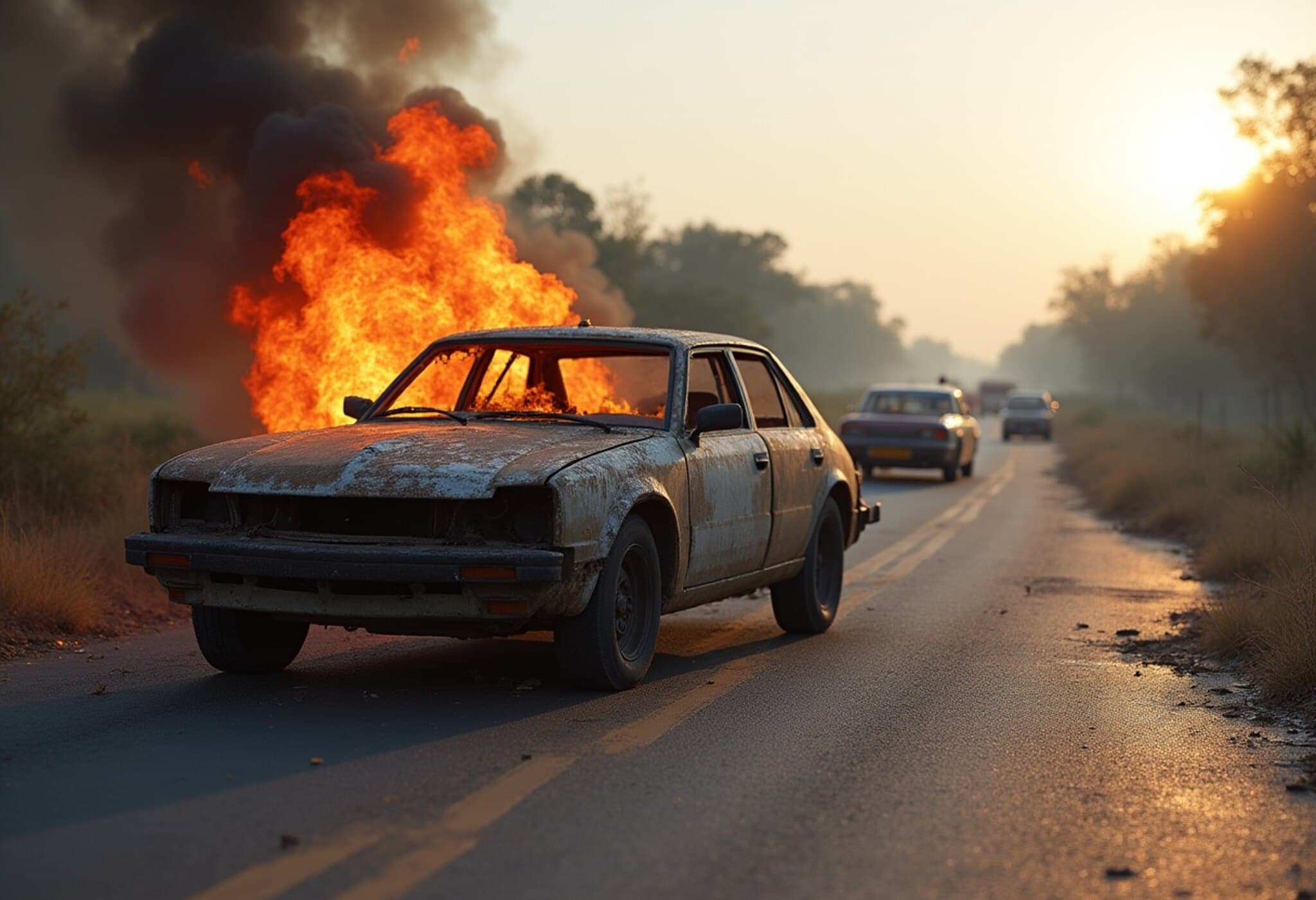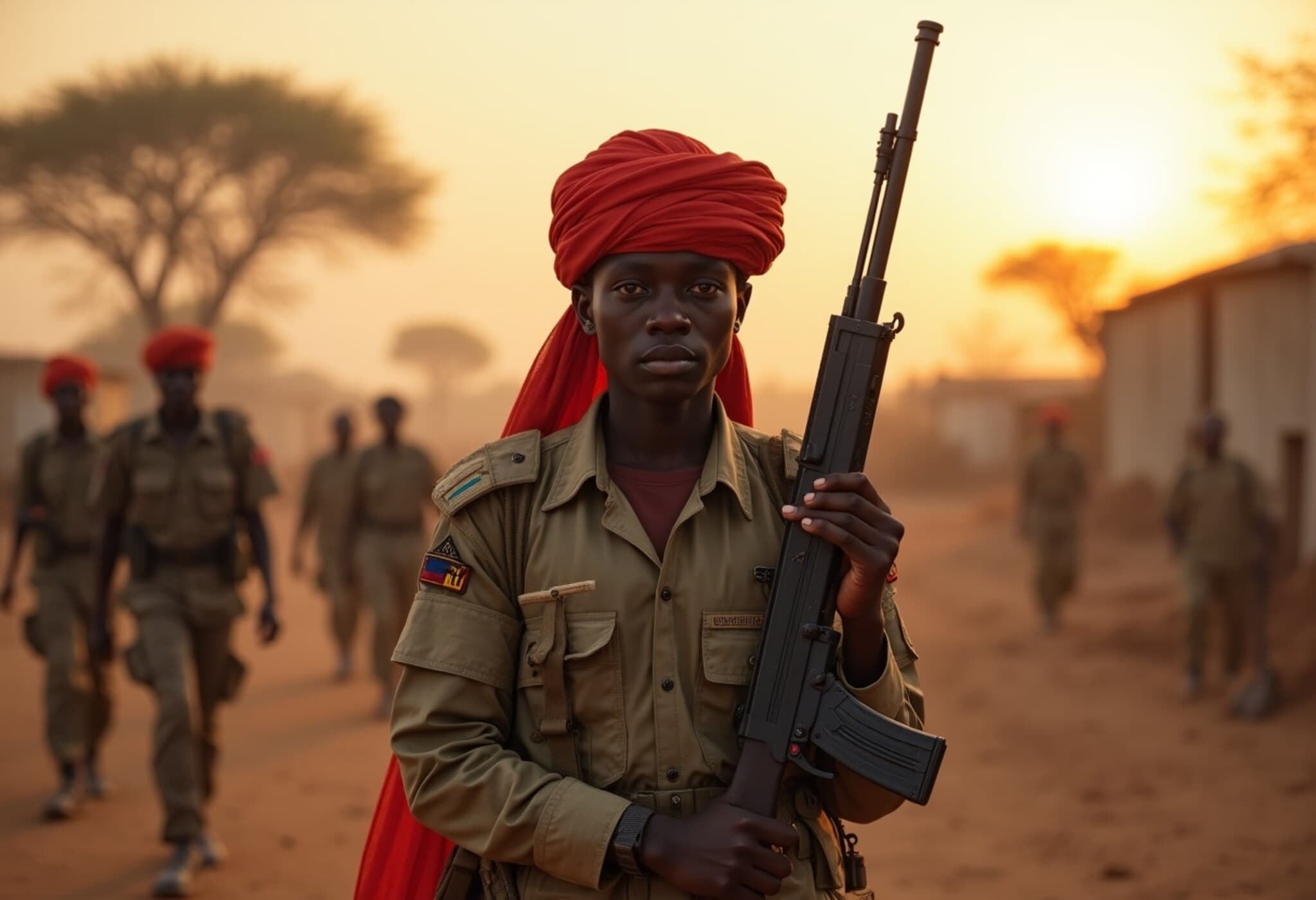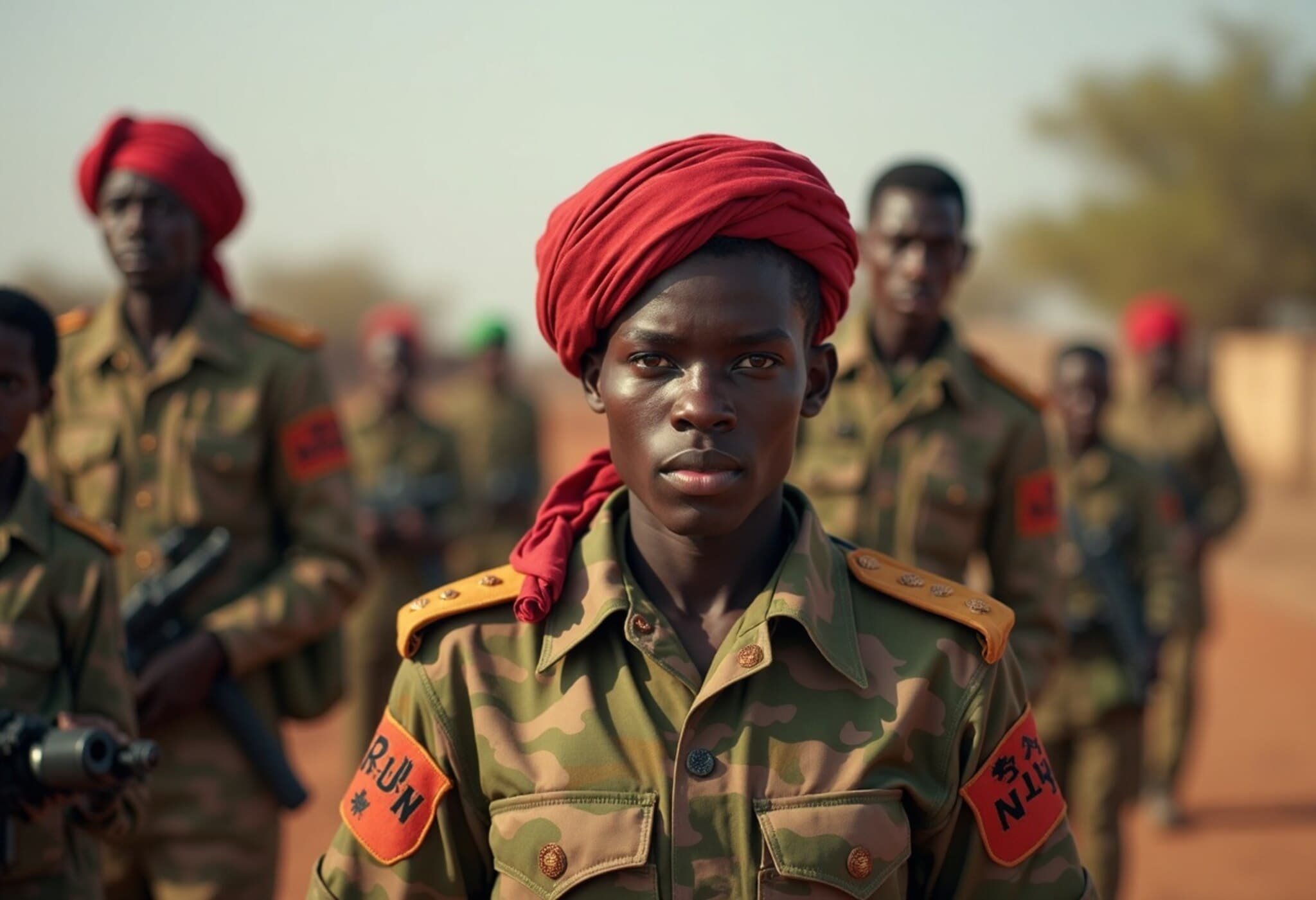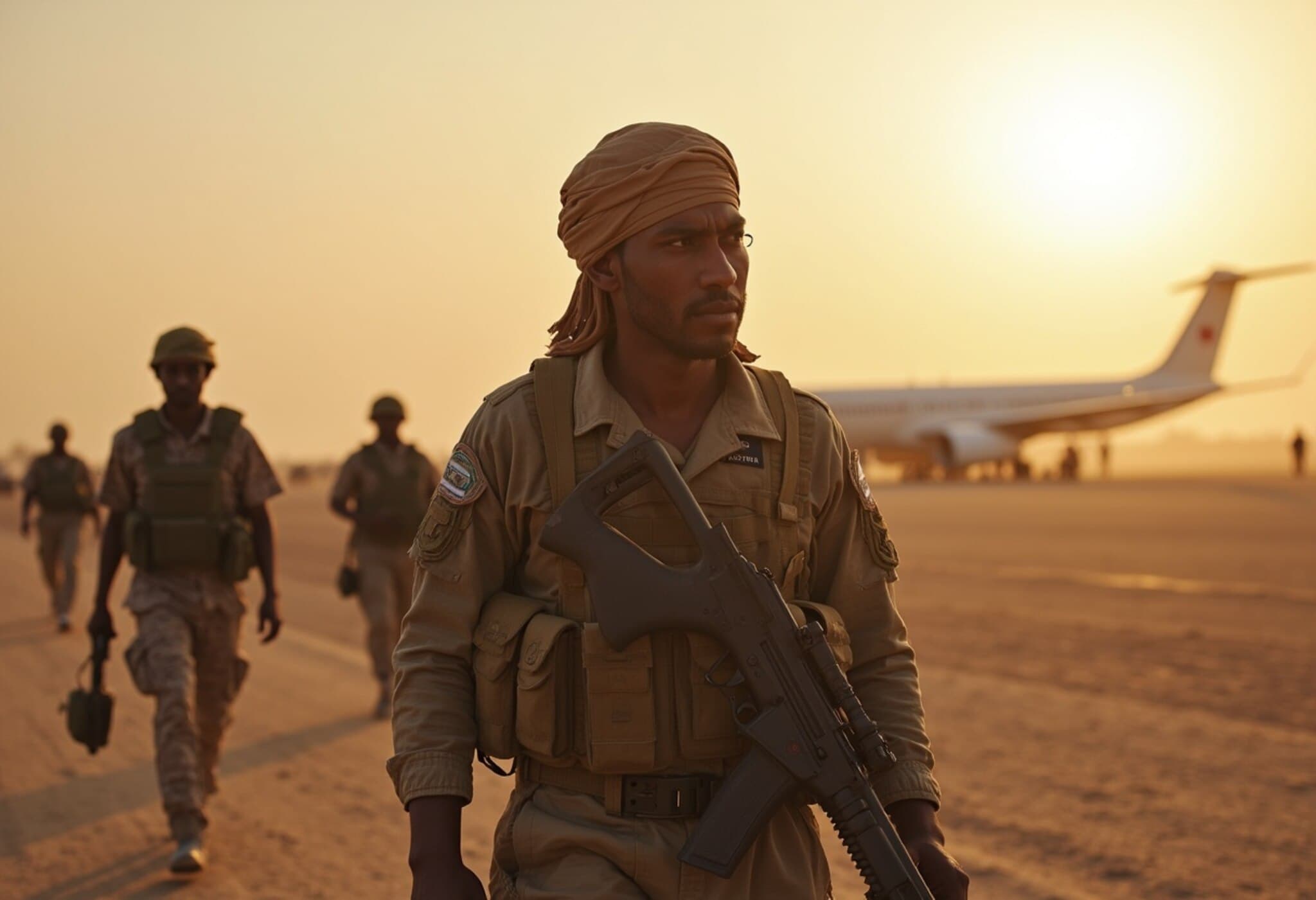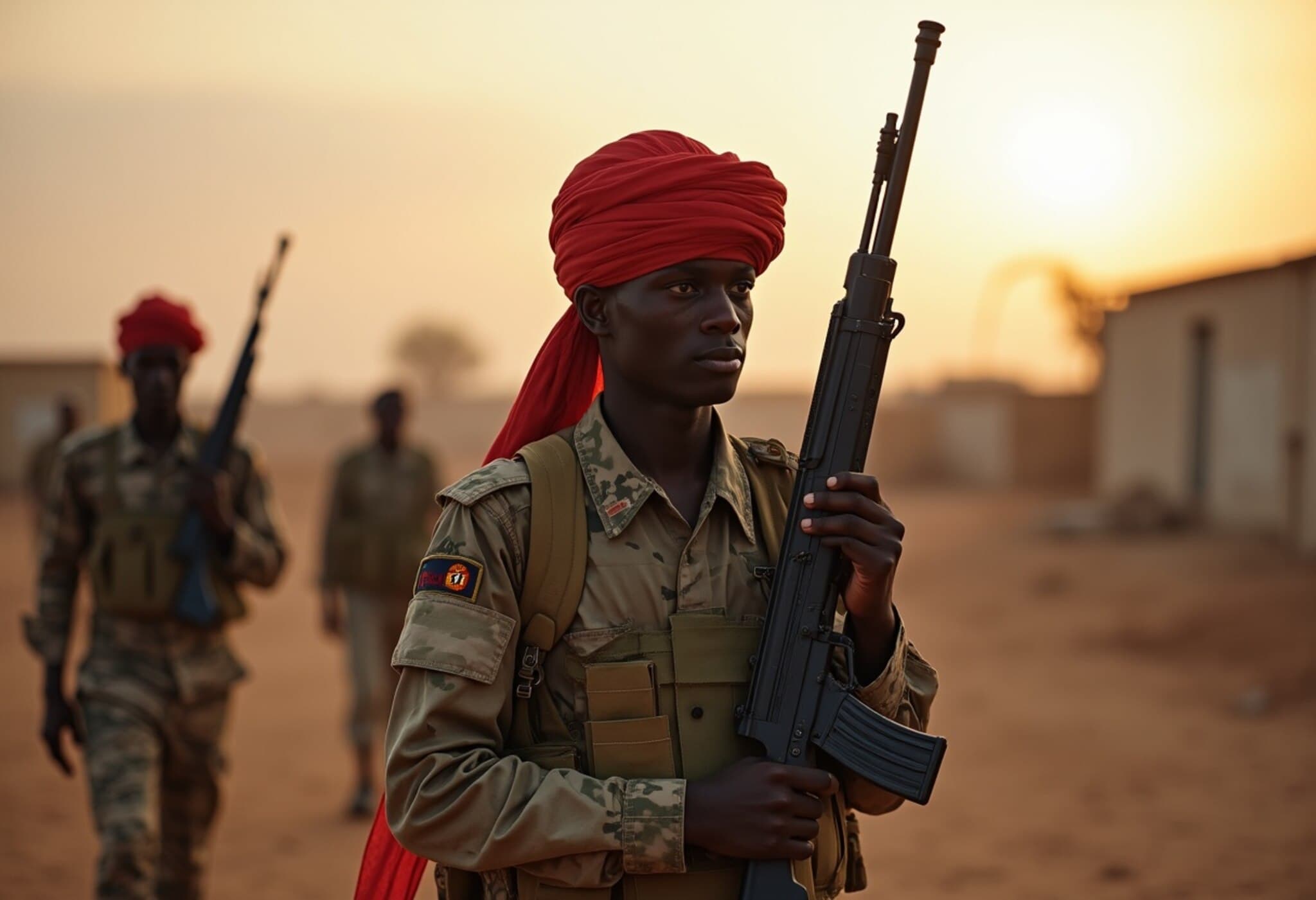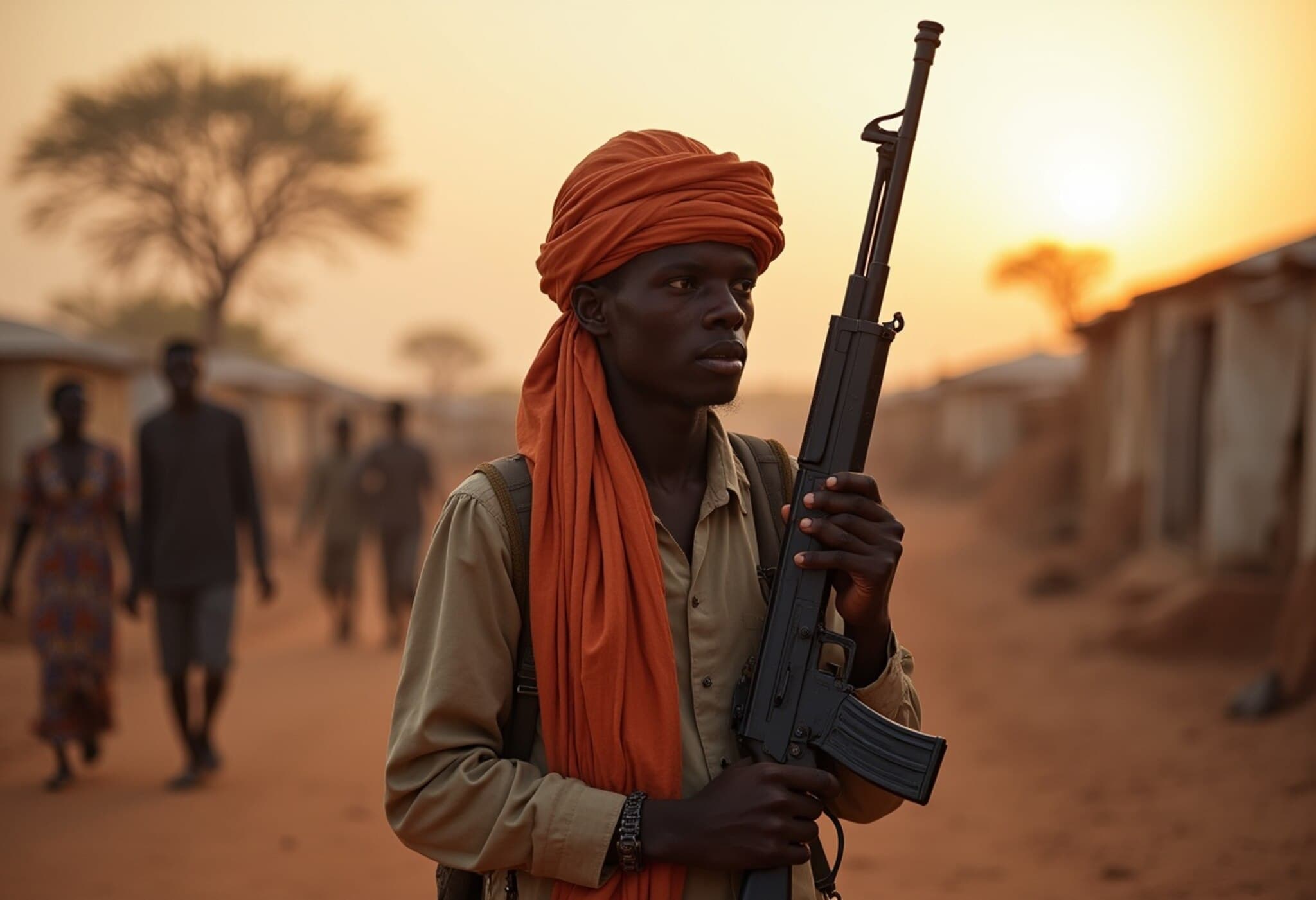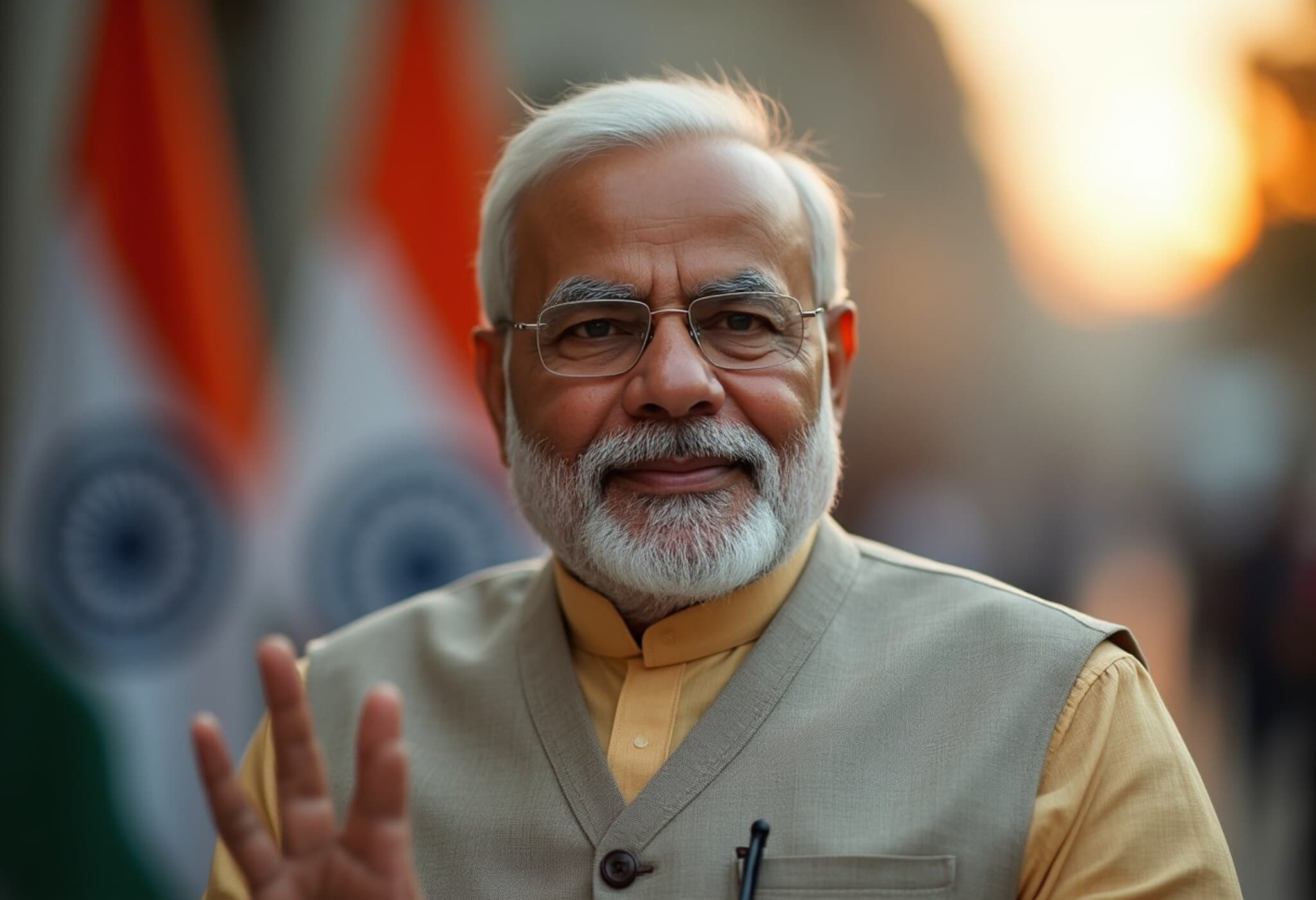Sudan’s Political Crisis Deepens as RSF Announces Parallel Government
In a dramatic escalation of Sudan’s ongoing civil conflict, the paramilitary Rapid Support Forces (RSF) formally declared a parallel government on July 26, 2025. This move, announced by RSF leader General Mohamed Hamdan Dagalo—widely known as Hemedti—from western Sudan, marks a critical turning point that risks fracturing the nation amid over two years of violent turmoil.
The Rise of a Parallel Authority
The RSF-led coalition’s establishment of an alternative administration follows their earlier adoption of a transitional constitution proposing a federal and secular governance structure, dividing Sudan into eight autonomous regions. While touted as a roadmap for stable governance, this bold political gambit directly challenges the Sudanese national army, inflaming tensions between armed factions competing for control.
Territorial Control and Military Pushback
The RSF currently wields significant influence over vast swaths of Sudan’s west, including the troubled Darfur region—an area long plagued by conflict. However, the national army, commanded by career officer General Abdel Fattah al-Burhan, has recently reclaimed crucial ground, including territory in the capital city Khartoum. The army's leadership vehemently rejects the RSF’s parallel authority, vowing to persist in their campaign until they regain absolute control over Sudan.
From Power-Sharing to Armed Conflict
Hemedti and Burhan’s power dynamic has shifted drastically since their joint ousting of former autocrat Omar al-Bashir in 2019. Initially collaborating to guide Sudan through a transitional period, their alliance unraveled following the 2021 coup that sidelined civilian governance. Disputes over integrating forces have since ignited open warfare, plunging the country into instability and drawing international condemnation.
International Sanctions and Implications
- General Mohamed Hamdan Dagalo (Hemedti) was sanctioned by the United States for alleged involvement in genocide earlier this year.
- General Abdel Fattah al-Burhan was also sanctioned, accused of obstructing peaceful negotiations and perpetuating conflict.
These punitive measures underscore the global community’s alarm over Sudan’s descent into violence and the corresponding humanitarian fallout.
Humanitarian Fallout: An Unfolding Crisis
The ongoing conflict has wrought catastrophic human suffering across Sudan. According to the United Nations, nearly half the population now faces severe hunger and famine. The country’s fragile infrastructure and collapsing governance have amplified vulnerabilities, making effective aid delivery increasingly difficult. This crisis is emblematic of how protracted internal wars devastate civilian populations and destabilize entire regions.
Expert Commentary: Risks of Partition and Regional Stability
The RSF’s declaration raises alarming prospects that Sudan could inch closer to fragmentation. Historically, Sudan has navigated complex ethnic and regional divisions, and the emergence of competing governments risks cementing a fractured state architecture. Experts caution that without meaningful dialogue and inclusion, this trajectory may mirror other post-colonial conflicts where fragmented authority breeds prolonged instability.
Additionally, the situation reverberates beyond Sudan’s borders. Neighboring countries in the Horn of Africa and the Sahel region could face spillover effects—from refugee flows to cross-border insurgencies—compounding an already volatile geopolitical landscape.
Questions Left Unanswered
- Can international mediators broker a ceasefire that includes all factions?
- How will civilian populations navigate governance contested by parallel authorities?
- What roles might global powers play in either escalating or resolving the conflict?
Looking Ahead: Paths to Peace or Prolonged Conflict?
The stakes could not be higher for Sudan’s future. Whether the RSF’s political maneuvering marks a strategic push for autonomy or signals impending disintegration remains uncertain. Meanwhile, millions of Sudanese face the dire consequences of protracted violence.
Understanding Sudan’s crisis requires not only attention to military developments but also investment in addressing the humanitarian emergency and supporting inclusive political solutions.
Editor's Note:
Sudan's declaration of a parallel government underscores the perilous fragility of its post-2019 transitional period. As fractious armed groups vie for dominance, the risk of partition is no longer theoretical but increasingly tangible. This moment calls for renewed international engagement rooted in empathy and pragmatism to prevent decades more of suffering. Readers are encouraged to contemplate the role of geopolitical interests and the urgent need for sustainable peacebuilding strategies that prioritize human dignity.

